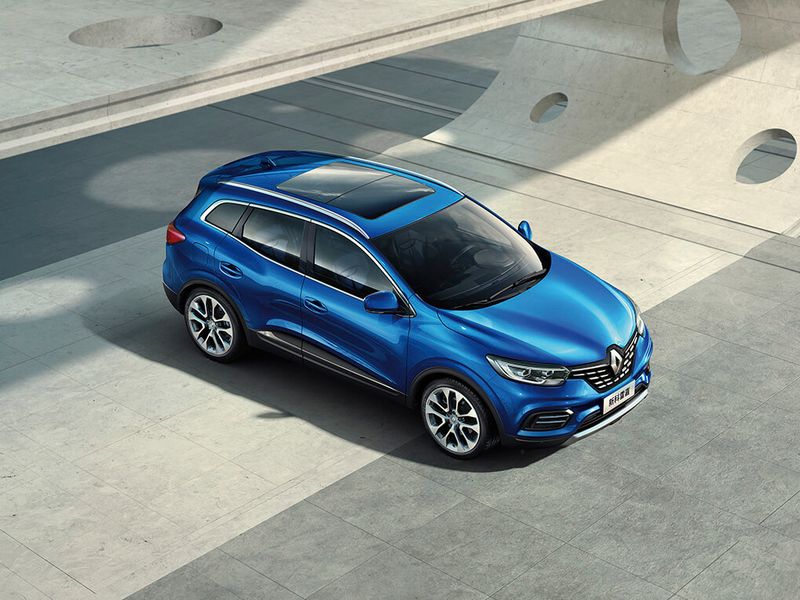
SHANGHAI — The coronavirus pandemic is upending automakers in China, where sales are on track to fall for a third-straight year, while also paving the way for consolidation in the country’s highly fragmented passenger vehicle manufacturing sector.
Before the outbreak, many automakers — notably Hyundai, Kia, PSA, Fiat Chrysler Automobiles and most Chinese brands, except for Geely and Great Wall — were producing well below factory capacity.
The virus ravaged China from late January to early March, sending car and light-truck sales industrywide tumbling 45 percent in the first quarter.
With the outbreak largely contained in mid-March, new-vehicle demand rebounded strongly in April, rising 4.4 percent to 2.07 million.
Major global automakers, supported by healthy balance sheets and a rich product mix and pipeline, have proved to be more resilient while coping with the unprecedented crisis.
The three largest carmakers in the country — Volkswagen Group, General Motors and Toyota Motor Corp. — have emerged from the viral outbreak with more market share.
Sales at VW Group, the largest carmaker in China, rebounded in April as well, the German auto giant said, though it hasn’t released details.
More impressively, it has gained ground throughout the crisis at a faster pace than before. VW Group ended 2019 with a 19.8 percent share of the China market, 2 percentage points higher than at the end of 2018.
But from mid-February, when automakers started to resume China output, until the end of April, the company boosted market share by another 1.7 percentage points, VW Group CEO Herbert Diess disclosed in a blog last week.
GM and Toyota, which ranked second and third in annual sales in 2019, haven’t disclosed April results. But judging by figures released by their joint venture partners, the two automakers also outperformed the market last month.
GM’s two joint ventures — SAIC-GM and SAIC-GM-Wuling — each reported a 14 percent jump in April deliveries, according to partner SAIC Motor Corp.
During the month, SAIC-GM sold 111,155 cars and light trucks under the Buick, Chevrolet and Cadillac brands, while SAIC-GM-Wuling delivered 127,000 Baojun brand entry-level cars and Wuling-badged minibuses.
Combined sales at FAW-Toyota and GAC-Toyota, Toyota’s two joint ventures that produce vehicles for the Toyota brand, jumped 24 percent to 135,600 last month, according to figures released by the Japanese automaker’s local partners, FAW Group Corp. and GAC Motor Co.
By contrast, the pandemic is creating more woes for some global brands that were struggling before the viral outbreak.
FCA Group, which sells locally produced and imported Jeep SUVs via a joint venture with GAC, saw local sales slip 29 percent to 3,509 in April. For the first four months, volume plunged 59 percent to below 10,900. The latest results underscore how one of the world’s most successful automotive brands in recent years continues to struggle and gain traction in a key market.
PSA Group has fared no better. Sales of Peugeot and Citroen light vehicles, which the French automaker builds under a partnership with Dongfeng Motor Group, fell 45 percent last month, with year-to-date volume plummeting 74 percent to 11,607.
Chinese carmakers have also seen their turf rapidly eclipsed by global competitors. In the first four months, their combined market share shrank 2.5 percentage points to 39.3 percent. In April, as the market rebounded, it dipped to 34.6 percent.
China has more than 70 domestic and foreign light-vehicle manufacturers, and the coronavirus outbreak has quickly forced more consolidation across the crowded market.
In April, Renault announced it would stop making cars in China to focus on producing electric commercial vehicles. Geely Automobile Holdings, the largest domestic Chinese carmaker, last month took control of a major plant operated by a small domestic peer, Leopaard Motor, with plans to use it to build electrified vehicles.
Pummeled by the coronavirus outbreak, the Chinese economy contracted 6.8 percent in the first quarter. With a weakened economy, new-vehicle sales in China will decline at least 15 percent in 2020 despite the rebound in April, the China Association of Automobile Manufacturers warned last week.
The stage is set for more carmakers, domestic or foreign, to bow out from the world’s largest new-car market.